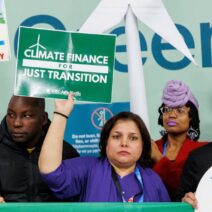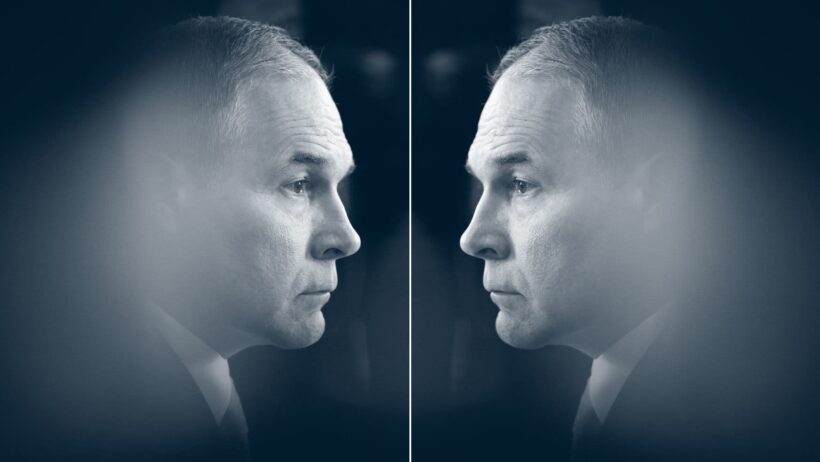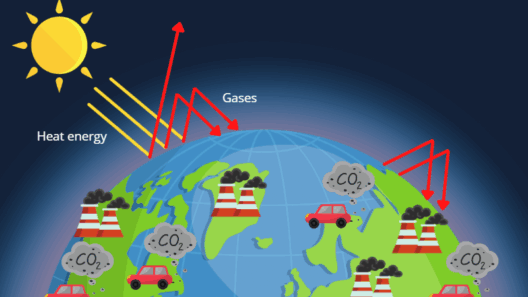Global warming is arguably one of the most pressing challenges faced by humanity today. The discourse surrounding its causes often pivots around the question: Are humans solely responsible for global warming? This inquiry merits an exhaustive exploration, considering the multifaceted perspectives that underpin this critical issue.
First, it is essential to establish the scientific consensus regarding climate change. Overwhelming evidence indicates that human activities, primarily the burning of fossil fuels and deforestation, are pivotal drivers of the accelerated rise in greenhouse gases in the atmosphere. This human-induced activity leads to significant climatic alterations, as exemplified by rising global temperatures, melting ice sheets, and increasingly severe weather patterns.
However, attributing blame exclusively to human actions disregards natural phenomena that also contribute to climate variability. Solar radiation fluctuations, volcanic eruptions, and natural greenhouse gas emissions present a backdrop against which anthropogenic influences occur. For instance, volcanic eruptions can spew large quantities of carbon dioxide and sulfur dioxide into the atmosphere, potentially causing temporary warming or cooling effects. While these natural occurrences have historically altered the Earth’s climate over millennia, their effects today are dwarfed by human-induced changes.
Moreover, a critical examination of past climates reveals that while natural factors have led to climate oscillations, notably glacial and interglacial cycles, the current trajectory is dramatically distinct. Paleo-climatology elucidates that Earth’s temperature has fluctuated over eons; however, the rapidity of the changes observed since the Industrial Revolution is unprecedented. Comparatively, the rate at which human activity has injected greenhouse gases into the atmosphere is substantially faster than the pace of any natural events in Earth’s history.
In evaluating the assertion that humans are solely responsible for global warming, one must also consider the emergence of industrialization, technological advancements, and socioeconomic developments. The transition to an industrial economy sparked a revolution in energy consumption. As nations pursued development, reliance on coal, oil, and natural gas proliferated. The ramifications of this energy evolution are irrefutable, as evidenced by climbing carbon footprints documented over centuries.
Critics of the purely anthropogenic perspective often cite the Earth’s resilience—its ability to recover from previous climate shifts. Nevertheless, contemporary climate science suggests that the current trajectory exceeds Earth’s natural resilience capabilities. The strain imposed by population growth, urbanization, and relentless consumption echoes with urgency—calling into question whether Earth can rebound as it did in millennia past.
Discussion around global warming would be remiss without addressing the role of policy, international collaboration, and individual accountability. Different countries contribute varying levels of greenhouse gas emissions, spurred by distinct energy policies, regulatory frameworks, and economic structures. Industrialized nations, with historical emissions, bear substantial responsibility; meanwhile, rapidly developing countries increasingly contribute to the current crisis. The complexities of these dynamics form a tapestry of accountability that transcends simple causal attributions.
One prominent point is the debate about developing countries versus industrialized nations. Is it fair to hold developing nations to the same standards as those that industrialized centuries earlier? This inquiry complicates the narrative of blame, suggesting that while humans play a significant role, disparities in development history and economic capacity must be acknowledged in discussions about responsibility.
Moreover, technological advancements offer a glimmer of hope in mitigating human effects on climate change. Renewable energy technologies, such as solar, wind, and hydroelectric power, are increasingly integrated into global energy systems. Innovations in carbon capture and storage technologies further demonstrate humanity’s capacity to reduce its atmospheric footprint. However, the adoption and investment in such technologies must be complemented with global cooperation and policy frameworks that facilitate equitable transitions.
Behavioral science insights highlight that individual actions, while modest in isolation, collectively possess the power to influence systemic change. The choices made by consumers in their everyday lives, from energy consumption to dietary choices, can cumulatively impact greenhouse gas emissions substantially. The push for sustainable practices, such as reducing meat consumption and preferencing public transportation, accentuates that human agency plays a vital role in shaping outcomes.
As the debate continues, the distinction between responsibility and capability weighs heavily on the discourse. Acknowledging that humans are central to the issue of global warming does not preclude consideration of natural climatic variability. Understanding the convoluted web of causation—where human endeavor meets natural processes—fosters a more nuanced perspective on climate action.
In conclusion, while humans are unequivocally a significant contributing factor to the phenomenon of global warming, categorically labeling them as solely responsible overlooks the intricacies of the climate system. The interplay between anthropogenic activities and natural processes, compounded by geopolitical and socio-economic dimensions, creates a complex narrative that defies simplicity. A holistic understanding paves the way for informed action, compelling both individuals and nations to unite in addressing climate change. It is imperative, therefore, that the discourse continues, engaging diverse viewpoints while remaining rooted in scientific fact to shape a sustainable future for the planet.






